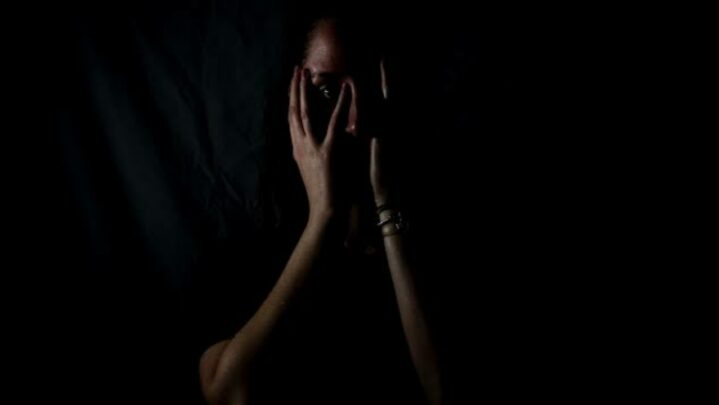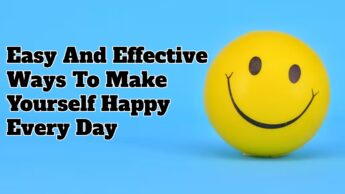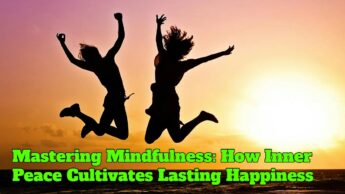Disability is an impairment that hinders someone from working for a living. Using this criterion, we can agree that for a person to be called disabled, their disease must make finding good employment difficult, if not impossible. However, the government defines disability as the inability to engage in any substantial gainful activity due to any medically determinable physical or mental impairment (s). Furthermore, the disability must have a high likelihood of resulting in mortality or must have lasted or be projected to remain for a continuous duration of more than one year.
Anxiety is just a feeling of worry or fear that something terrible or hazardous will happen. It is a common feeling that practically everyone has. However, some forms of anxiety can be so severe that they hinder people from performing routine daily tasks. Generalized anxiety disorder (GAD), post-traumatic stress disorder (PTSD), obsessive-compulsive disorder (OCD), panic disorder, and social anxiety disorder are some of the most frequent types of anxiety disorders. Because the severity of these conditions varies, having any of them does not automatically imply having a disability.
The answer to this question is it depends, both medically and legally. According to the legislation, anxiety must be severe enough to make it difficult for a person to obtain well-paying employment. As a result, having a phobia of dancing in public does not qualify you for disability payments. You must provide a medical certificate attesting to your impairment in order for the government to deem you disabled. You can obtain this medical certificate by having tests performed on you by a registered medical practitioner in the relevant subject.
Also Read: Attire Tips For Your First Day At Office





